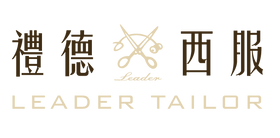Finally finished the entrance exams, and with university interviews just around the corner, graduates preparing to move to the next stage are surely filled with anxiety. The importance of interview attire is as significant as how you respond during the interview, as it shapes your overall presence and influences the interviewer's first impression of you.
A person's clothing and appearance can be greatly improved with effort and care. Taking care of your outward appearance creates a positive impression. Just like meeting a new friend for the first time, if they are dressed neatly and appropriately, you might feel more inclined to engage in conversation and get to know them better. University interviews are often quite intuitive and very brief, lasting only 3 to 5 minutes, which can significantly affect professors' perceptions of your responses. Therefore, it's worth putting extra thought into your interview outfit.
Many students often ask, "Can I wear my school uniform to the interview?" "Are jeans suitable for a university interview?" "Do I need to wear a full suit?" These questions reflect concerns about not being formal enough and how that might impact the interview outcome. Let’s consider it from another angle: if you were a professor, which type of student’s attire would you prefer? Most people are drawn to the image of a "good student." Thus, looking clean and neat should be the top priority, meaning achieving these two points is the first step!

Common Questions About College Interview Attire: Let’s Clear Things Up.
Question 1: Should I wear a uniform?
First, check the interview guidelines. In recent years, some programs have prohibited wearing school uniforms to avoid bias from the interviewers based on the students' schools. If there is no rule against wearing a uniform, it doesn’t necessarily give you an advantage.

Question 2: Can I wear unconventional attire?
First, let’s define what unconventional attire means. Generally, this includes things like brightly colored hair, oversized baggy pants, exaggerated accessories, overly revealing clothing, fishnet stockings, heavy makeup, visible piercings, and tattoos that are prominently displayed, as well as hairstyles that cover most of your face. Unless you’re interviewing for a program in art or design, it’s best to stick to more traditional attire.

Question 3: Do I need to wear a full suit?
Wearing a suit is indeed formal, but it should match your age and fit well—avoid old, faded, or pilled fabrics. Aim for a natural and neat appearance in your makeup and hairstyle; remember, you’re a student, not in a corporate interview. A slicked-back hairstyle or bright red lipstick paired with a youthful look may come off as overly dramatic.

Question 4: Where can I buy college interview attire?
There are many affordable brands available, but finding clothes that fit well and highlight your body’s strengths takes time and effort. Custom suits and shirts are a great investment. If your budget is limited, consider customizing a shirt while purchasing other pieces like a suit jacket, pants, shoes, and accessories off the rack to save overall costs.
Next, let’s discuss the best individual pieces and combinations for college interviews.
Recommended College Interview Attire
1.Tops: Most professors and experts suggest wearing a white shirt for interviews. While it’s safe, it may not help you stand out. Opt for simple patterns or solid colors instead.
【Tips for Women】: If you have a fuller figure, ensure buttons at the chest area don’t expose undergarments.
【Tips for Men】: Pay attention to shoulder seams and sleeve length; overly long or baggy shirts can look sloppy.
Choose shirts made from "stiff" fabrics to showcase a polished look. Custom-made shirts generally fit better and can be used for various occasions later on. If you're concerned about fitting, alterations can usually be made.

2.College Interview Attire - Bottoms
【Tips for Women】:Wearing knee-length skirts or dress pants is most suitable, as it conveys a sense of propriety and respect. Avoid wearing short skirts or jeans that are above the knee; excessive skin exposure can come across as too casual and informal for a college interview.

【Tips for Men】 Tailored dress pants are the safest option, with no strict color limitations. As a student, consider brighter colors like blue, gray, or khaki. Avoid pairing dress pants with cropped trousers and long white socks; adding a belt can enhance the formal look.
If you're unsure about your outfit choices, feel free to consult our professional custom tailors online—they're happy to offer advice!

3.College Interview Attire - Shoes and Accessories
Shoes and accessories are also key components of your interview outfit. Here are some important points to keep in mind:
- Shoes should be clean and avoid styles that expose the toes.
- Women should avoid wearing extremely high heels, chunky heels, or platform shoes.
- While women don’t have to wear stockings, definitely avoid fishnet stockings.
- Dress pants should not be paired with sneakers; opt for more formal casual shoes or dress shoes instead.
- Avoid shiny or noisy accessories, as they can distract the interviewers.

Finally, here’s a tip to increase your chances of interview success: practice the process multiple times. Rehearse everything from opening the door and pulling out the chair to sitting down and introducing yourself. Recording yourself can help you check for issues like slouching, stiff facial expressions, making noise while adjusting the chair, or varying your speaking volume.
Wishing all prospective college freshmen a smooth interview experience and success in getting into your dream university!




